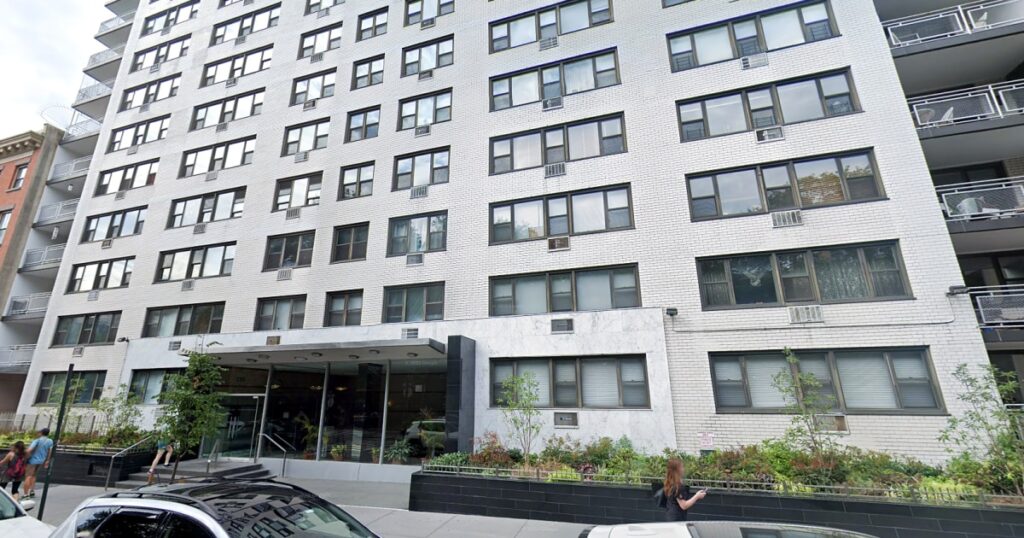We have another screwy deportation case under the Trump administration.
At this point in Donald Trump’s second term, it’s necessary to distinguish among these cases to know which one we’re talking about.
So before getting into the latest one, I’ll note that this isn’t the Kilmar Abrego Garcia case, in which the government admitted an “administrative error” in sending him to El Salvador but still resists facilitating his return. Nor is this the case of the pseudonymous “Cristian,” whose return was also ordered to be facilitated by a judge after the government sent him to El Salvador before his asylum bid was decided. Nor is it the ongoing battle over the scores of people sent to that country without due process under the Alien Enemies Act, whose return the government is also resisting.
This latest case involves a gay Guatemalan man identified in court papers as O.C.G., who, his lawyers said, fled his country to avoid persecution due to his sexual orientation. An immigration judge barred his removal to Guatemala, after which agents sent him to Mexico, even though he had testified that he was targeted and raped there. The government had previously represented to the court that O.C.G. was asked whether he was afraid of being sent to Mexico and said no.
But on Friday, the government submitted a notice to the court that said, “Upon further investigation, Defendants cannot identify any officer who asked O.C.G. whether he had a fear of return to Mexico. Nor can Defendants identify the officer who O.C.G. states ‘told [him] that he was being deported to Mexico.’”
Well, then.
At the very least, one might think that the government’s notice would go on to say something like: “And here’s how we’re going to fix it. …”
Actually, at this point in the administration, one would not have good reason to think that. Indeed, the government filing concludes this way: “However, Defendants maintain that — pursuant to O.C.G.’s own admission — he received notice of his removal to Mexico.”
Well, then.
In support of their emergency motion for a court order facilitating O.C.G.’s return, his lawyers wrote this Sunday about that stubborn governmental passage: “Instead of contrition for their misrepresentations, Defendants attempt to confuse the Court.” They wrote that there’s a difference between providing advance notice and simply telling someone their deportation is happening while it’s happening, which is what they contend occurred here. They cited the Supreme Court’s ruling from Friday that said the government needs to give more notice and ability to challenge removals before carrying them out.
O.C.G.’s lawyers also cited the Supreme Court’s order backing Abrego Garcia’s return. On that note, they said O.C.G.’s case doesn’t include a complication raised by Abrego Garcia’s, due to the latter’s foreign confinement. O.C.G.’s lawyers said he is currently in hiding in Guatemala.
So we’ll see if the judge handling this latest case, U.S. District Judge Brian Murphy in Massachusetts, becomes the latest one to order the remedying of an erroneous removal. At any rate, it’s beyond absurd that a body of law is building up from which lawyers can draw distinctions among the finer points of one erroneous deportation from another.
Subscribe to the Deadline: Legal Newsletter for expert analysis on the top legal stories of the week, including updates from the Supreme Court and developments in the Trump administration’s legal cases.




